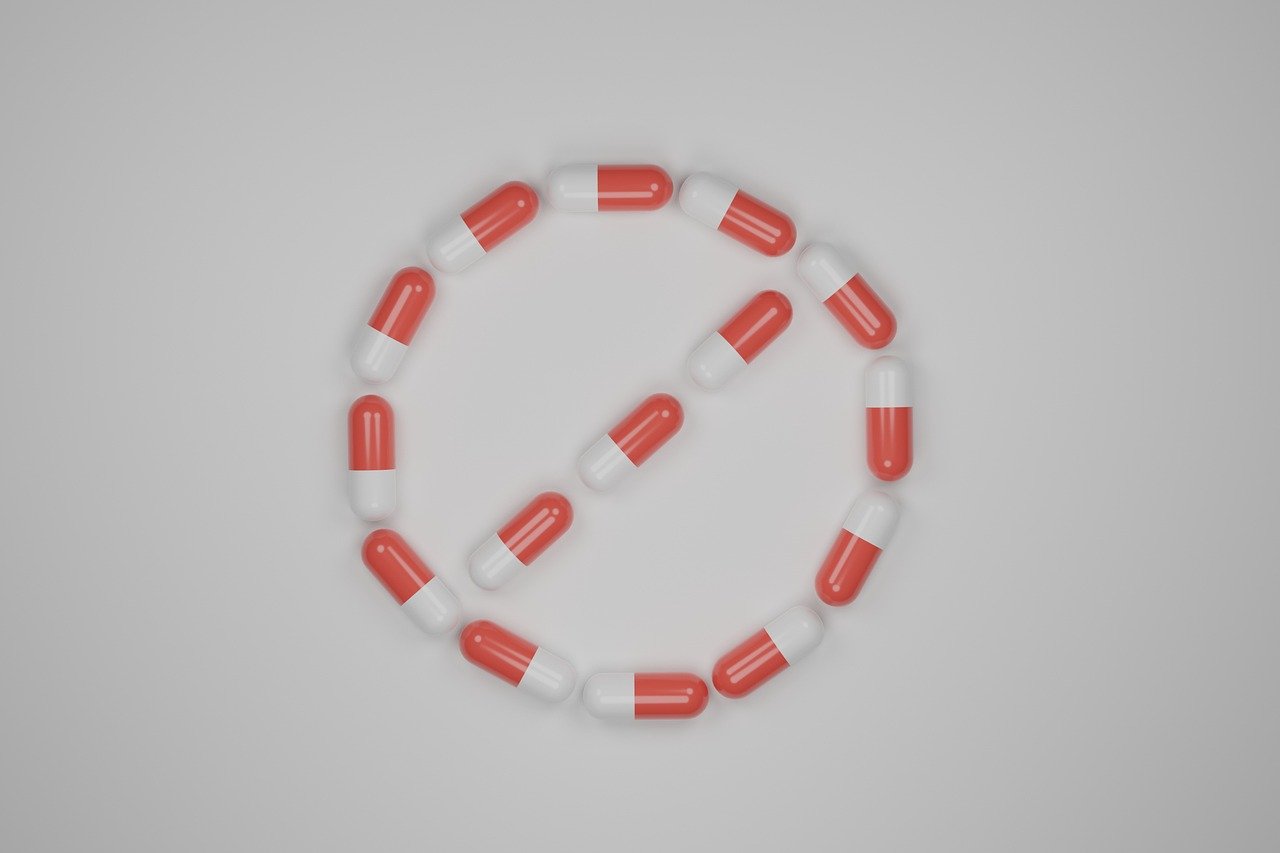
Grapes are an important part of our diets. From seedless grapes to wine, these sweet fruits are packed with nutrients and antioxidants.
They’re also a good source of resveratrol, which is known for its heart-healthy benefits. It’s said to stimulate a gene called SirT1, which is linked to a longer lifespan in animal studies.
1. They’re Full of Antioxidants
Grapes are a popular fruit, and they’re packed with antioxidants that can help keep your body healthy. Plus, they’re an excellent source of soluble fiber and potassium, two nutrients that can support heart health.
Antioxidants are molecules that safely interact with free radicals to prevent them from damaging your body. They can also be helpful in preventing cancer and promoting a healthy immune system.
Vitamin C is a powerful antioxidant that can improve your skin and fight the signs of aging, including wrinkles. It’s a key component in the production of collagen, a protein that gives your skin its firmness.
The vitamin C in grapes can also boost your immune system and protect you from infections. This is why eating a variety of fruits and vegetables is so important.
If you want to get more antioxidants in your diet, try incorporating grapes into your meals and snacks. For example, blend them into a smoothie for breakfast or add them to a salad for lunch. You can even make a chilled sorbet with them and serve it as a dessert.
In addition to being a good source of vitamin C, grapes are also a source of resveratrol and quercetin, both of which have been shown to protect the lining of blood vessels. These polyphenols are thought to reduce oxidative stress, which is a major contributor to many chronic diseases.
They’re a great source of iron, too, so be sure to eat them along with other foods that are high in this mineral. Moreover, grapes contain magnesium and potassium, which are both beneficial for bone health. Eating a diet that is rich in these nutrients can reduce the risk of osteoporosis and arthritis, which are often associated with old age. Solve your health issues with Kamagra Oral Jelly Australia and Vidalista 20.
2. They’re a Good Source of Potassium
Potassium is an essential mineral that plays a key role in maintaining normal blood pressure. It also helps keep your bones and muscles strong. It’s a good idea to include a variety of foods that are high in potassium in your diet, including fruits and vegetables.
In a study published in The British Medical Journal, researchers found that consuming more potassium is linked to lower blood pressure, compared to those who consume less. This finding is especially important for men, who tend to have a higher rate of heart disease than women.
The good news for men is that there are many ways to get more potassium in your diet. One of the easiest ways is to eat more fruit and vegetables. Another way to make sure you’re getting the daily recommended amount of potassium is to take a multivitamin and mineral supplement.
While a banana may not sound like the most potassium-rich food, it actually contains around 375 milligrams of this vital mineral per serving. Other high-potassium foods include a handful of nuts, some beans, low-fat yogurt, and some canned or frozen fish.
Baked potatoes are a great source of potassium as well. One medium baked potato with the skin on contains more than 900 milligrams of the mineral.
A cup of cooked beet greens has more than 1,310 milligrams of potassium. It’s also a great source of fiber, vitamin C, and the antioxidant lycopene.
Grapes are also a good source of resveratrol, which has antioxidant and lipid-lowering properties that may reduce your risk of heart disease and stroke. Resveratrol has also been linked to lowering your risk of cancer and diabetes.
3. They’re a Good Source of Vitamin C
Vitamin C is a water-soluble nutrient that the body can only absorb when it’s consumed in foods. It’s essential for boosting your immune system and improving your skin health, among other benefits.
You can get plenty of vitamin C from eating a variety of fruits and vegetables, including grapes. For example, a medium-sized navel orange has 59.1 milligrams of nutrients, which is over half of your recommended daily allowance (RDA) for men and women.
In addition to being a good source of vitamin C, grapes are also full of antioxidants. For example, they contain a compound called resveratrol that may help prevent the formation of harmful plaques in your brain and keep your immune system strong.
Additionally, they contain quercetin, which is a flavonoid that has been shown to reduce inflammation in the body and possibly protect against certain types of cancer. It’s possible that resveratrol and quercetin could also help you feel more relaxed, which might lead to a reduced risk of anxiety or depression.
Another potential benefit of grapes is that they’re rich in iron, which is important for the growth and repair of tissues throughout your body. Nonheme iron, which is found in plant-based sources, can be tricky for your body to absorb, but when it’s combined with vitamin C and heme iron (which you typically find in meat and seafood), your body has an easier time absorbing it.
However, it’s important to note that taking too much vitamin C can be dangerous. According to a study, men who take more than 2,000 milligrams of vitamin C per day have an increased risk of kidney stones. So it’s always best to stick with natural sources of this nutrient instead of supplementing.
4. They’re a Good Source of Manganese
Manganese is a mineral that supports bone health, blood clotting, hormone production, and cognitive function.
This essential nutrient is often found in a variety of foods, including whole grains, legumes, nuts, and seeds. It works closely with other minerals, such as iron and calcium, to help balance your body’s levels of one another.
While manganese deficiency is rare, it can lead to serious health problems. Some people may develop anemia and fatigue, or they can experience joint pain or stiffness. If you have anemia, talk with your doctor about whether manganese supplements might be helpful for you.
A healthy diet provides most of the manganese you need to stay strong and healthy. However, if you have a history of eating low-quality diets or you’re trying to lose weight, you might need to add more foods to your plate that are rich in this essential nutrient.
Deficiencies in manganese are rare, but they can have negative effects on your brain, especially if you have seizures or have an illness that causes seizures. In one study, children who had lower blood levels of this nutrient were more likely to have problems with attention and memory than those with higher concentrations of manganese.
The recommended dietary allowance (RDA) for manganese is 1.8 mg for adults 19 years and older, with an adequate intake (AI) of between 2.14 and 2.23 mg per day. The RDA is based on a diet that includes a wide range of foods, while the AI is based on the mean manganese intakes of infants fed primarily human milk.
5. They’re a Good Source of Vitamin K
Vitamin K is a vital nutrient that helps your body form and maintains strong bones and also helps blood clot properly. It also aids in heart health, by preventing a process called vascular calcification. If you’re not getting enough vitamin K from your diet, it can lead to a variety of health issues.
Vitamin K comes in two forms: phylloquinone (K1) and menaquinone (K2). The most common source of vitamin K1 is leafy greens, including spinach, kale, and collard greens.
If you’re looking for ways to get more vitamin K, try adding a few grapes to your diet. These tiny fruits are also a good source of vitamin C. It can help strengthen your bone structure and reduce your risk of osteoporosis.
Another option for boosting your vitamin K intake is natto, which is made from fermented soybeans. It’s available at many Asian grocery stores and is an easy way to add this nutrient to your diet.
You can also make this Japanese dietary staple at home. It can be mixed with rice and condiments, or added to a soup or salad.
The best way to know if you’re getting the recommended amount of vitamin K is to take a micronutrient test, which will give you results in 2-5 days. It checks for Vitamin K, B12, D, E, Magnesium, Copper, and Selenium.
The most potent dietary sources of vitamin K are dark, leafy greens like spinach and kale. Cooked kale, for example, provides about 561 micrograms of vitamin K per half-cup serving. Read More Blog












